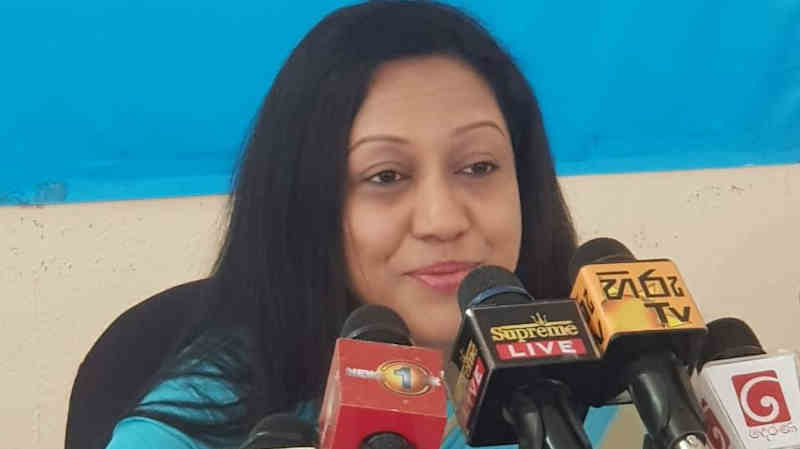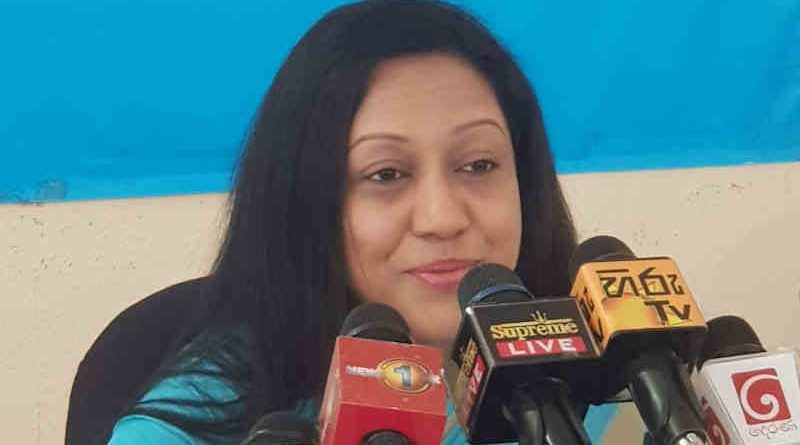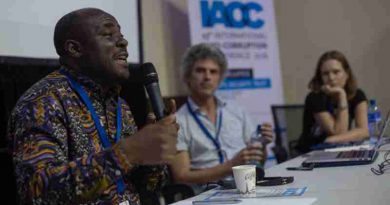Sri Lanka: Hope for Integrity Campaign to Tackle Covid Corruption

Citizens can share their hopes for a corruption-free nation, via video or text, on their social media profiles using the hashtag #HopeforIntegrity.
Transparency International Sri Lanka (TISL) has revealed the damaging impact of corruption on distributing relief and essential medical services to society’s most vulnerable groups during the Covid-19 pandemic.
“It is encouraging that when TISL first raised the issue around the need for greater transparency surrounding Covid-19 related grants and assistance, in a letter to the Prime Minister, both the Prime Minister’s Office and the Ministry of Finance responded promptly outlining steps they had already taken to disclose assistance that had been received,” said TISL’s Executive Director, Attorney-at-law Nadishani Perera.
However, whilst recognizing the daunting challenge facing the state in terms of the significant measures to address the health emergency and to avoid an economic collapse, TISL notes that urgent responses required during the pandemic create significant opportunities for corruption. This underscores the importance of proactive disclosure of information relating to emergency procurement measures.
“A particular area of focus is the proactive disclosure of information on the procurement of Covid-19 vaccines, the quantities ordered and plans for prioritization and distribution amongst those on the frontline and vulnerable groups. The prompt and efficient communication of these messages will be key to building public trust in the recovery process,” Perera added.
TISL says it is mindful of the fact that the economic consequences of the Covid-19 pandemic have also led to foreign exchange shortfalls, which could encourage black money inflows into Sri Lanka to address the economic need. This could heighten money laundering risks, which once again highlights the expanse of corruption risks that can emerge during the Covid-19 recovery.
TISL has also recommended that the government establish an online platform providing all information on grants/donations received with timely updates on spending, the maintenance of an e-procurement platform to publish all government tender notices and related documents; and to ensure strict record management practices in all public institutions in compliance with provisions of the RTI Act.
In July 2020, according to TISL, the International Monetary Fund (IMF) had recommended that in order to help ensure that money and measures are helping the people who need it most, governments need timely and transparent reporting alongside close cooperation with civil society and the private sector.
The IMF also noted that against this backdrop, countries need to prevent tax evasion and the waste and loss of funds caused by corruption in public spending.
Perera concluded, “allowing corrupt practices to occur in the Covid-19 recovery process will result in assistance not reaching the people who need it. Preventing corruption and promoting accountability will help us ensure that Sri Lanka’s recovery is inclusive in both word and deed.”
In a bid to raise public awareness on the damaging effects of corruption and given the need to maintain physical distance in the current climate, TISL is calling on the public to share their hopes for a corruption-free nation, via video or text, on their social media profiles using the hashtag #HopeforIntegrity.






